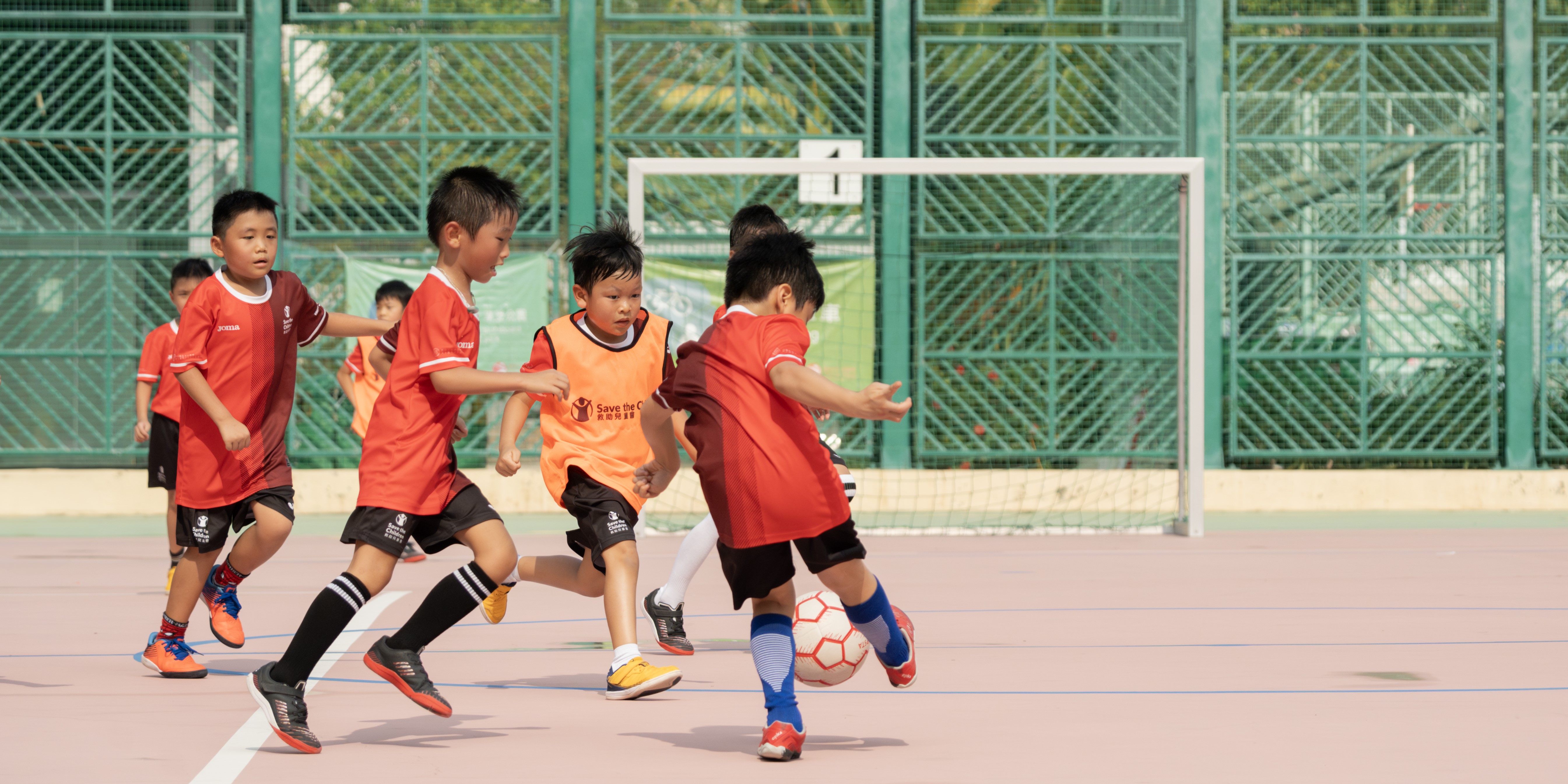By Mr. Ryan Cheung, Chairperson, DEP, The Hong Kong Psychological Society
Helping children develop into well-rounded individuals who are happy, healthy, and harmonious is a fundamental goal of parenting. According to the Center on the Developing Child, Harvard University, this can be achieved by reducing external stressors, building essential skills, and strengthening connections with others. This approach, often referred to as the “3Hs” framework, aligns with the local Education Bureau’s “4Rs Mental Health Charter,” which promotes Rest, Relaxation, Relationships, and Resilience.
Adequate Rest: Cushioning the Impact of Stress
Sufficient rest is fundamental to children’s physical and mental health development. Consistent sleep schedules and relaxing bedtime routines, such as reading or warm baths, not only improve sleep quality but also enhance children’s focus and emotional stability. This allows children to maintain a healthier state of mind and body, mitigating the negative effects of external pressures.
Timely Relaxation: Skills for Cultivating Well-being
When faced with challenges, children need to practice effective relaxation techniques. Parents can teach children various relaxation methods, such as deep breathing, muscle relaxation, and simple mindfulness exercises. Combined with appropriate physical activity or hobbies, these techniques can help children cultivate inner calm, which is a valuable asset for coping with stress.
Strong Relationships: Building Connections
A positive parent-child relationship is the cornerstone of children’s mental health and happiness. Parents should approach child-rearing with love and understanding, engaging in constructive communication and avoiding excessive criticism or scolding. By actively interacting with their children, parents can strengthen their bond and instill confidence in their child’s ability to interact positively with others.
Resilience: Bouncing Back and Growing Stronger
Resilient children not only recover quickly from setbacks but also learn from challenges and build self-confidence. The other three Rs—Rest, Relaxation, and Relationships—provide a strong foundation for cultivating resilience. Resilience can be further enhanced by developing children’s emotional management, positive appraisal, and problem-solving skills. Teaching children to identify, understand, and express their emotions, along with appropriate coping mechanisms, helps them maintain composure under stress. Additionally, encouraging children to view challenges as opportunities for growth and learning can help them maintain hope and motivation in difficult situations. By working together with children to overcome challenges, teachers and parents can set appropriate goals, provide ample space for reflection, and offer timely support to help children navigate through difficulties.
Promoting Well-being Through the 4Rs
By implementing the 4Rs Mental Health Charter, which emphasizes Rest, Relaxation, Relationships, and Resilience, parents and teachers can support children in reducing external stressors, developing essential skills, and strengthening connections. This holistic approach is essential for nurturing the next generation to lead happy, healthy, and harmonious (3Hs) lives.

